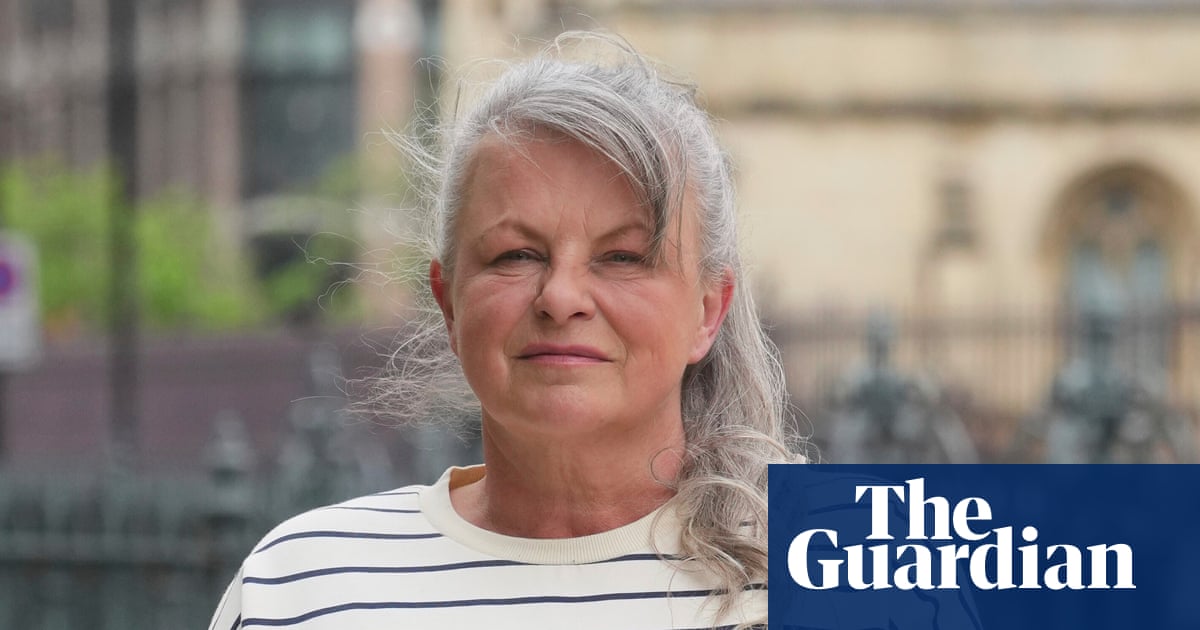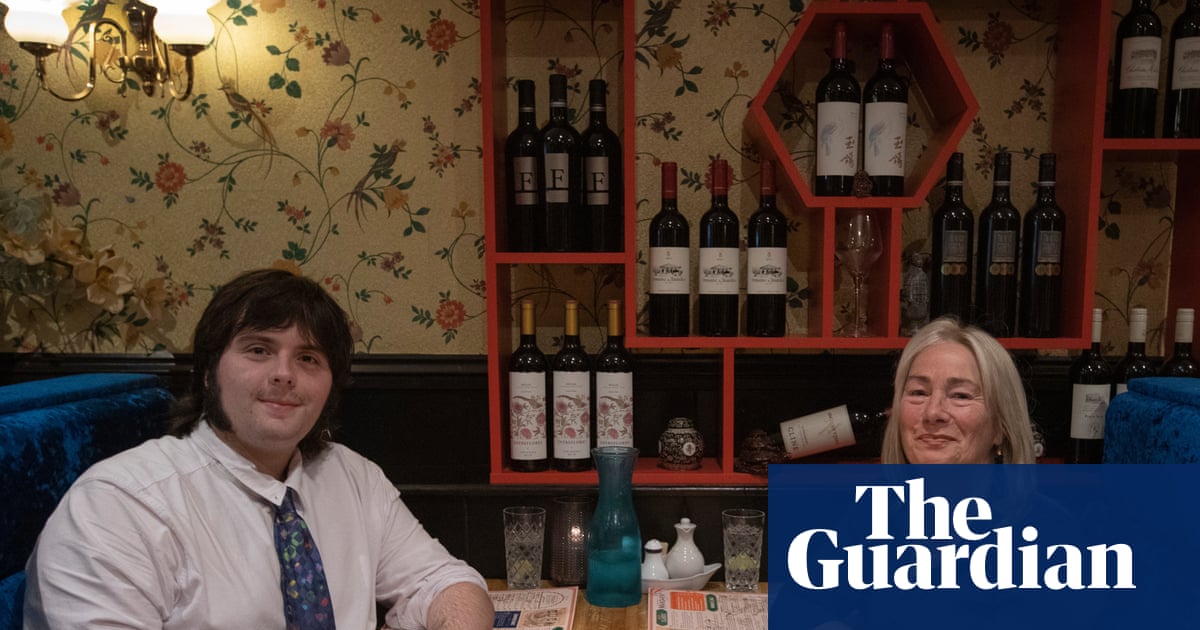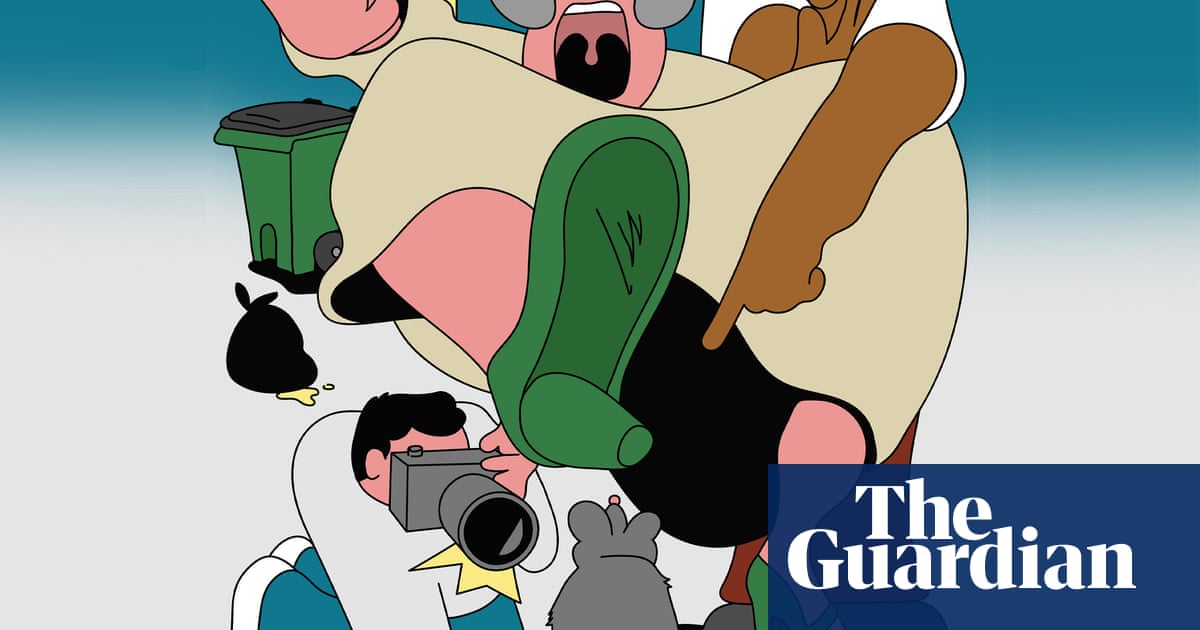Stephanie Rothman first came across the term “exploitation” in a review of one of her own films. It was 1970, and her second solo-directed feature, The Student Nurses, a small-budget indie about trainees at an inner-city hospital, set against Los Angeles’s bubbling counterculture, was doing well at the US box office. (It eventually made more than $1m from a $150,000 budget.) Rothman was pleased but the review took her aback. It called it an “exploitation film” with “surprising depth”.
Fifty-five years on and Rothman is a cult legend who fully embraces the label. “I started out with a very snobbish attitude,” she says on a video call from California. “I was shocked that’s what I was making! But as time went on, I began to appreciate what I was able to do, which was to take elements of popular entertainment, weave them into a tapestry of more interesting ideas, and end up with something very different. So while I started out as a snob, I have not ended up as one.”
The seven features she directed during her brief, explosive career bear all the traditional exploitation hallmarks: low budgets, quick turnarounds, breasts, sex, violence and risque marketing campaigns. They’re also funny and subversive, with explicit politics to match the (equal opportunity) nudity.
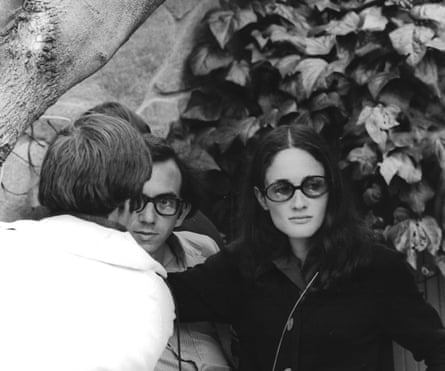
Now 88, Rothman is warm and funny – and also pin-sharp and precise. The determination and clarity required of a female director pursuing her vision and preserving her principles in the male-dominated 1970s exploitation industry is fully apparent. Nevertheless, becoming exploitation’s cult heroine was not what she had in mind when she was one of three women who enrolled on a graduate film course in California in 1962, where she met her husband and future collaborator Charles S Swartz.
After graduating, she worked for pulp cinema impresario Roger Corman, the self-described “Orson Welles of the Z movie” who had built an empire by churning out low-cost, high-shock genre flicks. Always willing to take a chance on a young film-maker (as long as they delivered on schedule and under budget), he immediately put Rothman to work. Soon she was landing her first significant credits, co-directing a messy 1966 horror called Blood Bath (a salvage job, after the initial director dropped the ball), then as sole director, with Swartz as producer, on the beach movie It’s a Bikini World (1967). The 14-day shoot was hectic, but Rothman delivered on time and on budget. “I was thrilled and I threw myself into it,” she says. “I wasn’t afraid.”
The Student Nurses followed, with which she translated a thin brief – “a film about nurses, primarily sexy, with a little violence” – into a multi-layered tale. Rothman personally picked out the film’s poster, featuring four alluring nurses gazing outward under the tagline “They’re learning fast!” The film sparked a series of nursesploitation copycats. The Velvet Vampire, a seductive horror set in the California desert, was less commercially successful but has since become Rothman’s best-known film, prized for its exquisite camp and European arthouse sensibility – notably its dreamy surrealist sequences inspired by Jean Cocteau. Despite a shoestring budget and the challenges of a desert shoot (“We were always backing up into cacti”), the result was an arresting Mojave gothic with a streak of transgressive queer female sexuality.
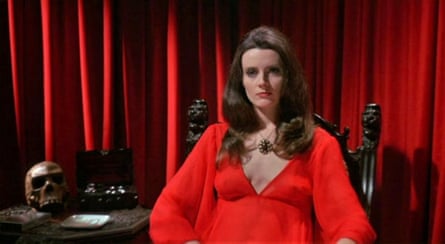
When Rothman and Swartz broke away from Corman, their films became even quirkier. Group Marriage (1973), a comedy about a polycule who take on the legal system to assert their right to marry, was inspired by the theories of futurist Alvin Toffler and playwright Georges Feydeau’s farces. Rothman’s affectionate depiction of the central relationship feels prescient, as does a finale in which the group’s gay neighbours decide they’d also like to marry. “I don’t know of any other film that, at that time, had a gay wedding in it,” says Rothman. “When we showed the film, at the scene where the gay couple get married, the audience roared with laughter. Not with rage, not disdain, but surprise.”
The Working Girls, about a trio of ambitious young women who use their wiles to navigate the job market, is by far her most personal film. “I’ve always thought of it as being dedicated to the Equal Rights Amendment,” says Rothman. “A woman couldn’t get a bank account in her own name. I was a working woman, making my own living, and I couldn’t get a credit card!”
Ironically, The Working Girls did little to improve Rothman’s own finances. She was ready to break free of the exploitation genre, but while fellow graduates of Corman’s trash cinema stable such as Martin Scorsese, Peter Bogdanovich and Francis Ford Coppola managed to move into the mainstream, Rothman did not. The Working Girls, released in 1974, was her final feature.
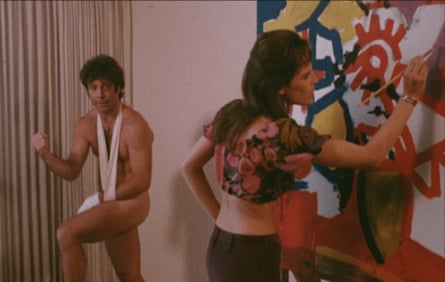
“People often ask me why I left the industry,” she sighs. “I didn’t leave the film industry, the film industry left me. It was very frustrating. I couldn’t get work in television. I couldn’t afford to join the Directors Guild.” In the 1980s, after turning down a few offers to return to exploitation, Rothman quit the industry for good. “It wasn’t the right time to be making films for me, the opportunities weren’t there. They were there for young men, but not for me.”
Her films were rarely screened in subsequent decades, but a wave of restorations is now in motion, partly due to renewed appreciation for female “trash” cinema. A Rothman-esque spirit can be traced in work by Rose Glass (Saint Maud, Love Lies Bleeding), Coralie Fargeat (The Substance), Prano Bailey-Bond (Censor) and Julia Ducournau, director of Raw and the Palme d’Or-wining body-horror Titane.
The playfulness of Rothman’s anti-patriarchal stories also feels freshly relevant to audiences. When The Working Girls screened in Venice in 2023, she was approached by a group of students who told her it “didn’t feel dated at all”.
“That was deeply gratifying,” says Rothman, “because of my great age and their great youth! But it also shows how things have regressed.”

.png) 3 months ago
34
3 months ago
34













